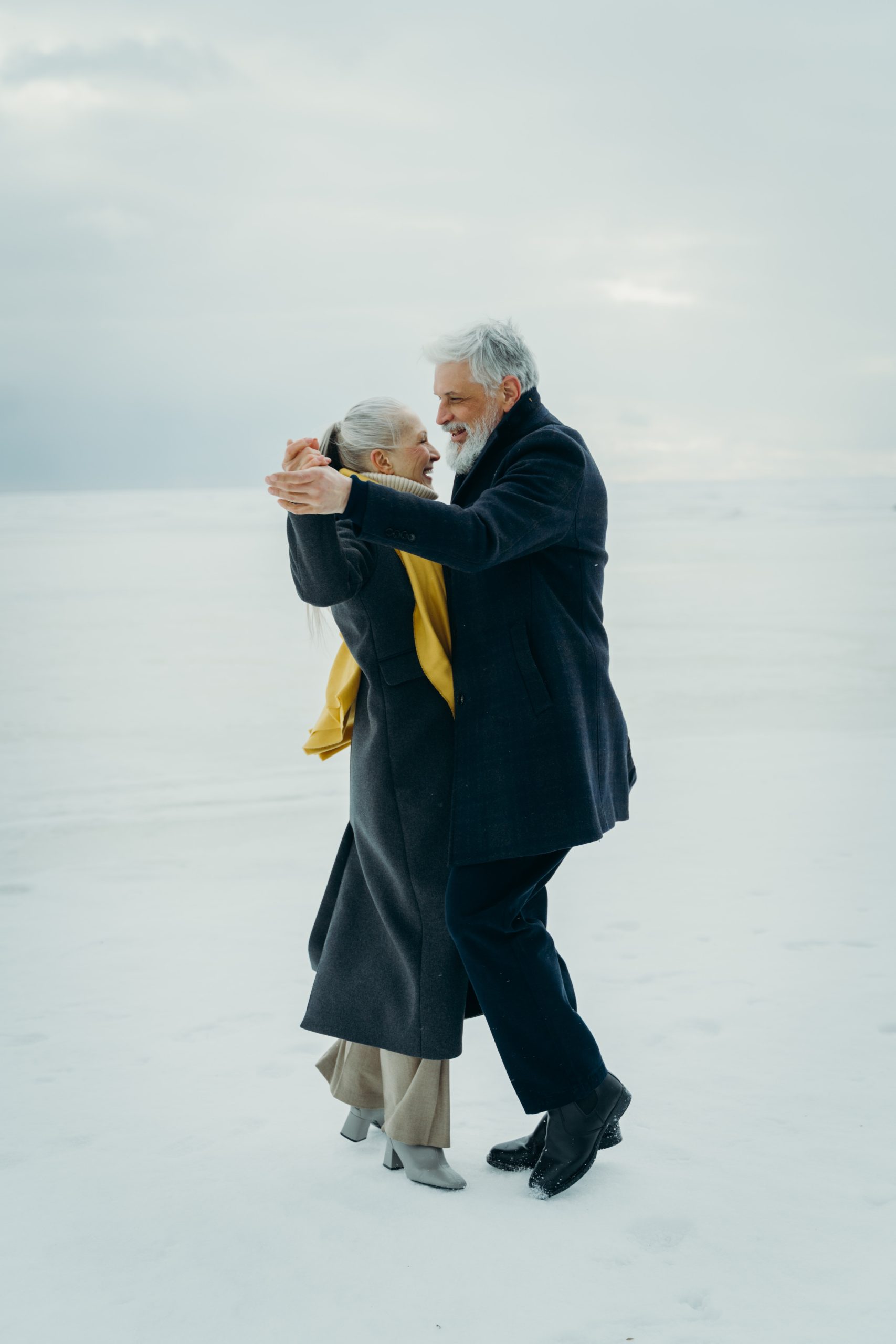The Role and Responsibilities of a Power of Attorney

The image is not directly related to the article. It merely symbolizes the life of elderly people.
What is a Power of Attorney?
What are the responsibilities of a Power of Attorney?
The responsibilities of a Power of Attorney can vary depending on the specific powers granted in the legal document. Some common responsibilities include managing the principal’s finances, making healthcare decisions, and handling legal matters on behalf of the principal.
How is a Power of Attorney different from a Guardian?
A Power of Attorney is a legal document that allows an individual to appoint someone to make decisions on their behalf, while a Guardian is appointed by a court to make decisions for someone who is incapacitated and unable to make decisions for themselves. A Power of Attorney allows the principal to choose who will make decisions for them, while a Guardian is appointed by the court.
Can a Power of Attorney make decisions after the principal’s death?
No, a Power of Attorney expires upon the death of the principal. After the principal’s death, the agent no longer has the authority to make decisions on behalf of the deceased individual.
The image is not directly related to the article. It merely symbolizes the life of elderly people. What is a Power of Attorney? A Power of Attorney is a legal document that allows an individual (known as the “principal”) to appoint another person or entity (known as the “agent” or “attorney-in-fact”) to make decisions on…
Recent Posts
- Empowering Caregivers: The Best Online and Offline Resources to Enhance Your Skills
- Traveling with a Purpose: The Rise of Volunteer Vacations
- Breaking Stigma: Dispelling Myths about Mobility Aids and Disability
- Avoiding Probate: How Trusts Can Simplify the Estate Settlement Process
- Senior Citizens Beware: Common Financial Scams and How to Stay Protected

